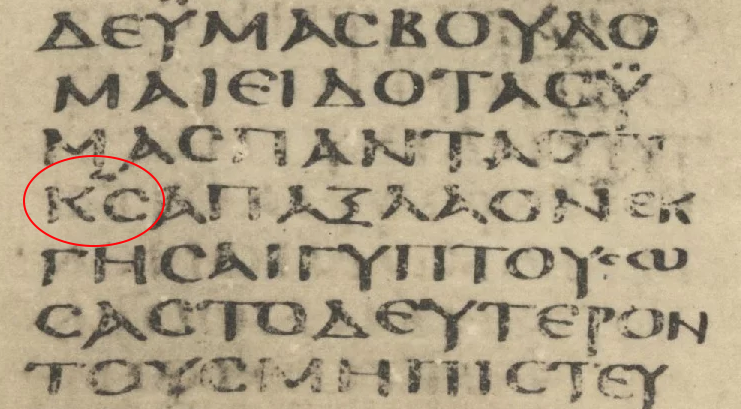 In discussing the Trinity or Incarnation, I often have an exchange which goes like this:
In discussing the Trinity or Incarnation, I often have an exchange which goes like this:
- someone: Jesus is God.
- me: You mean, Jesus is God himself?
- someone: Yeah.
- me: Don’t you think something is true of Jesus, that isn’t true of God, and vice-versa?
- someone: Yes. e.g. God sent his Son. Jesus didn’t. God is a Trinity. Jesus is not a Trinity.
- me: Right. Then in your view, Jesus is not God.
- someone: But he is.
- me: So, you think he is, and he ain’t?!
- someone: [silent puzzlement]
In this post, I want to explain the part in italics. First: a point of clarification. The second and third lines are important. When many say “Jesus is God” they just mean that in some sense or other Jesus is “divine.” (This could mean a lot of things, depending on one’s assumed metaphysics.) But this sort of person (line 3) understands Jesus to be “divine” in the sense of just being one and the same as God – that Jesus is God himself – one person, so just one (period).
In the italicized line, I’m applying something called Leibniz’s Law, or the Indiscernibility of Identicals. I sometimes put this roughly as, some x and some y can be numerically identical only if whatever is true of one is true of the other. That’s a sloppy way to put it.
In logic, a more precise way of stating it (used e.g. by Richard Cartwright) is:
(x)(y)(z) ( x= y only if (z is a property of x if and only if z is a property of y))
Literally: for any three things whatever, the first is identical to the second only if the third is a property of the first just in case the third is a property of the second.
The basic intuition is that things are as they are, and not some other way. So if x just is (is numerically the same as) y, then it can’t be that x and y qualitatively differ. This seems undeniable.
There are a few problems, though, with the above formula, which any person trained in philosophy may spot. Read More »A formulation of Leibniz’s Law / the Indiscernibility of Identicals













 In discussing the Trinity or Incarnation, I often have an exchange which goes like this:
In discussing the Trinity or Incarnation, I often have an exchange which goes like this:



